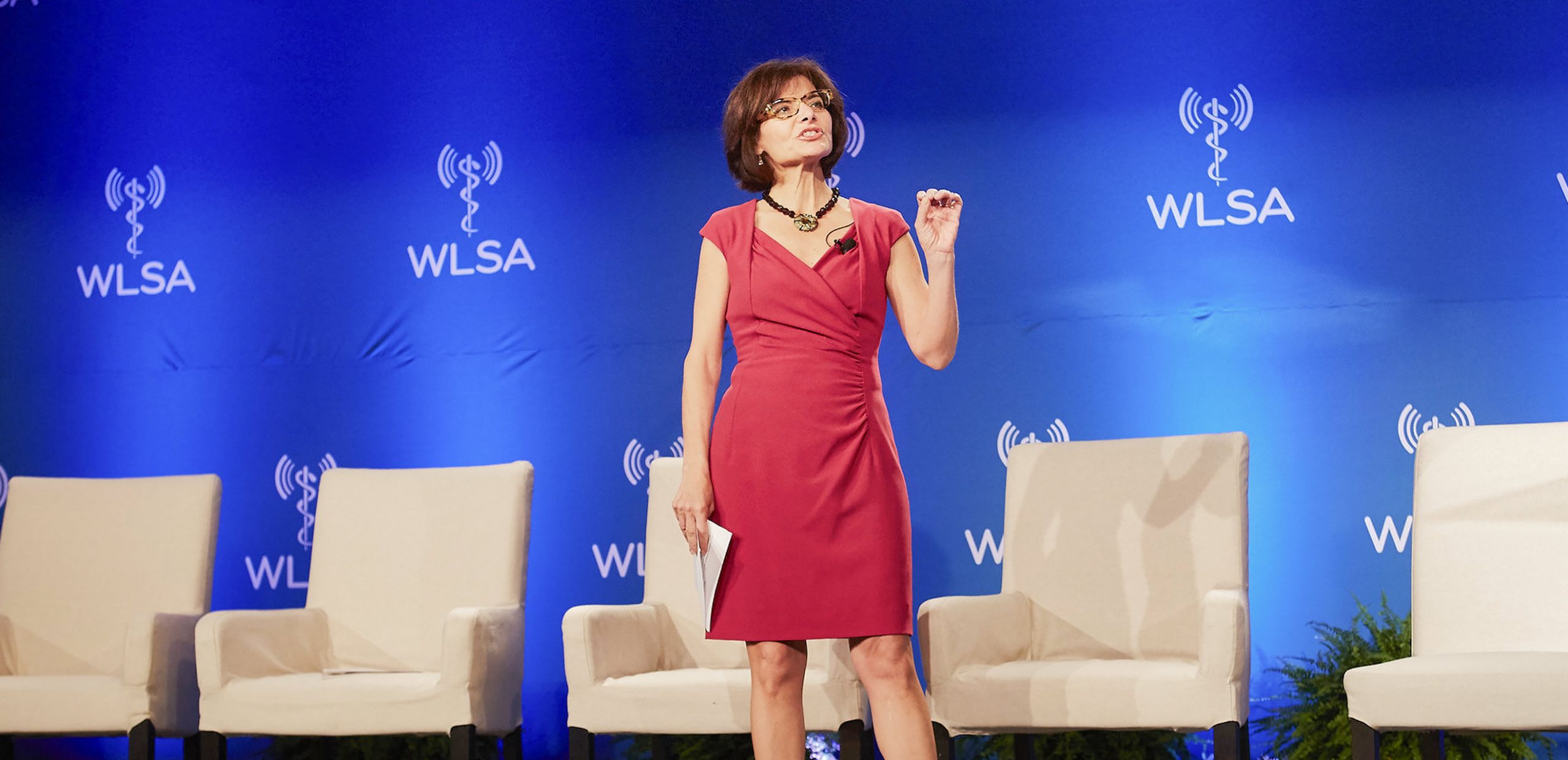
Decision-Making During Health Journeys: 3 Questions With Dr. Archelle Georgiou
Archelle Georgiou, MD, is a storyteller, physician, former healthcare industry executive and author of “Healthcare Choices: 5 Steps to Getting the Care You Want and Need.” Here she answers three questions about decision-making during health journeys, the power of social support, and differences between health and healing.
1. Can you describe your signature CARES decision-making model, and how it can benefit CaringBridge users throughout a health journey?
Whether you are addressing a life-threatening illness or self-managing a minor ailment, you are faced with choices. The CARES Model is a step-by-step approach to making smart health-care decisions that balance your health needs and medical options with your personal preferences, priorities and values.
The five steps of the CARES Model are:
Understand Your Condition
Know Your Alternatives
Respect Your Preferences
Evaluate Your Options
Start Taking Action
While these steps seem straightforward, and the majority of people say they want to be in control of their healthcare decisions, it’s hard—and it’s scary. So, people frequently cede control and abandon the opportunity to participate in their own care.
In fact, the more serious the condition, the more likely people are to passively retreat to, “Doctor, what would you do?” and assume (and hope) that the doctors will make the best decision.
In reality, when you defer decision-making to your doctors, the resulting care may be what the doctor thinks you want. But there is a gap: Doctors are trained to be experts in diagnosing disease, but they are not trained in diagnosing patients’ values.
Only you know how to balance the tradeoffs that are most important to you.
Healthcare is intensely personal, and the CARES Model is a systematic approach that helps you advocate for the healthcare you need—and want.
2. From the perspective of a physician, what does social support look like to you, and what part can it play in health and healing?
Social support is often the source of food, safety, hygiene and transportation that patients need to adhere to the tactical aspects of their treatment plans.
Equally important, research has shown that strong social support decreases depression and anxiety and enhances feelings of control along with the willingness and ability to cope.
While it may seem intuitive that social support bolsters the physical and emotional strength required to endure the challenges of an adverse health situation, there is solid scientific evidence that social support has a biologic impact and improves physical health by strengthening the immune system.
When I was a practicing physician, my perspective on the value of social support was overshadowed by my focus on medical, surgical and pharmacologic interventions– the traditional definitions of “care.”
It was my experience as the chief medical officer of a national managed care company, overseeing the care of 17 million members, that I appreciated the critical importance of family, friends, and community, on health and healing.
Social support is care, and should be integrated into an individual’s care plan as prominently as follow-up consultations, laboratory tests, x-rays, and prescriptions.
3. In your experience, what are the similarities, and differences, between health and healing?
The root word for “health” and “healing” is the same. They are both derived from the Old English word hale, meaning “wholeness, being whole, sound or well.”
While health and healing are complementary, the definitions of these words are completely different.
The most broadly accepted definition of “health,” as established by the World Health Organization: “A state of complete physical, mental and social well-being and not merely the absence of disease or infirmity.” Health is a noun.
Healing is a verb. It refers to the process of restoring health. And, just as the definition of health is multi-dimensional, the range of healing processes is equally broad.
Healing can refer to the physiologic processes that mend an injury and also to the emotional, spiritual, or psychological processes that relieve stress, achieve acceptance, and promote hope.
Understanding the difference between health and healing is important—not just as a matter of grammar, but because it is empowering. Healing is about taking action. It includes the body’s repair mechanisms, the interventions of clinical professionals, as well as the behaviors you engage in that positively influence your health.
While health is an outcome, healing is a choice.
Here When You Need It
Are you or a loved one caring for someone on a health journey? If so, start a CaringBridge website, where you can share updates and receive encouragement and support from your community.
Main Photo Caption: Archelle Georgiou, author of “Healthcare Choices”